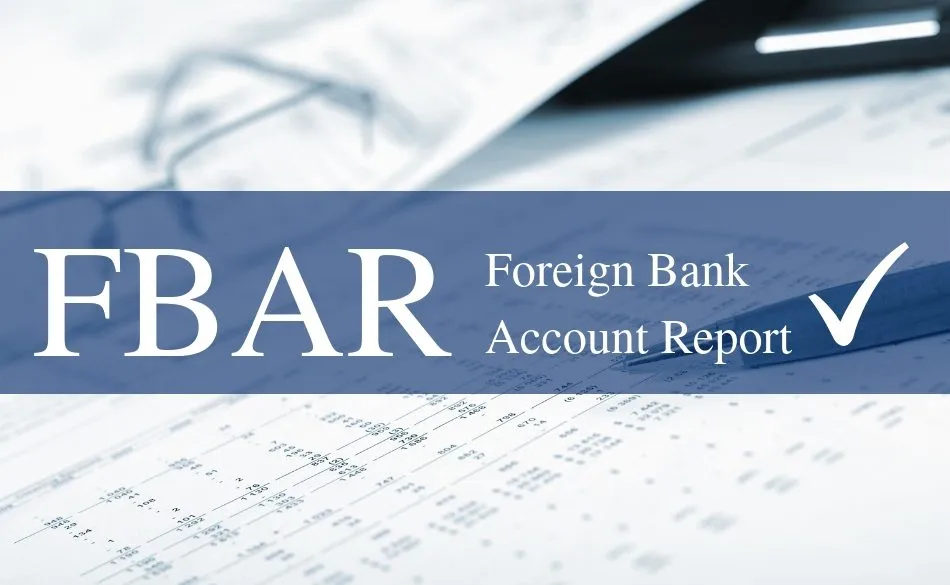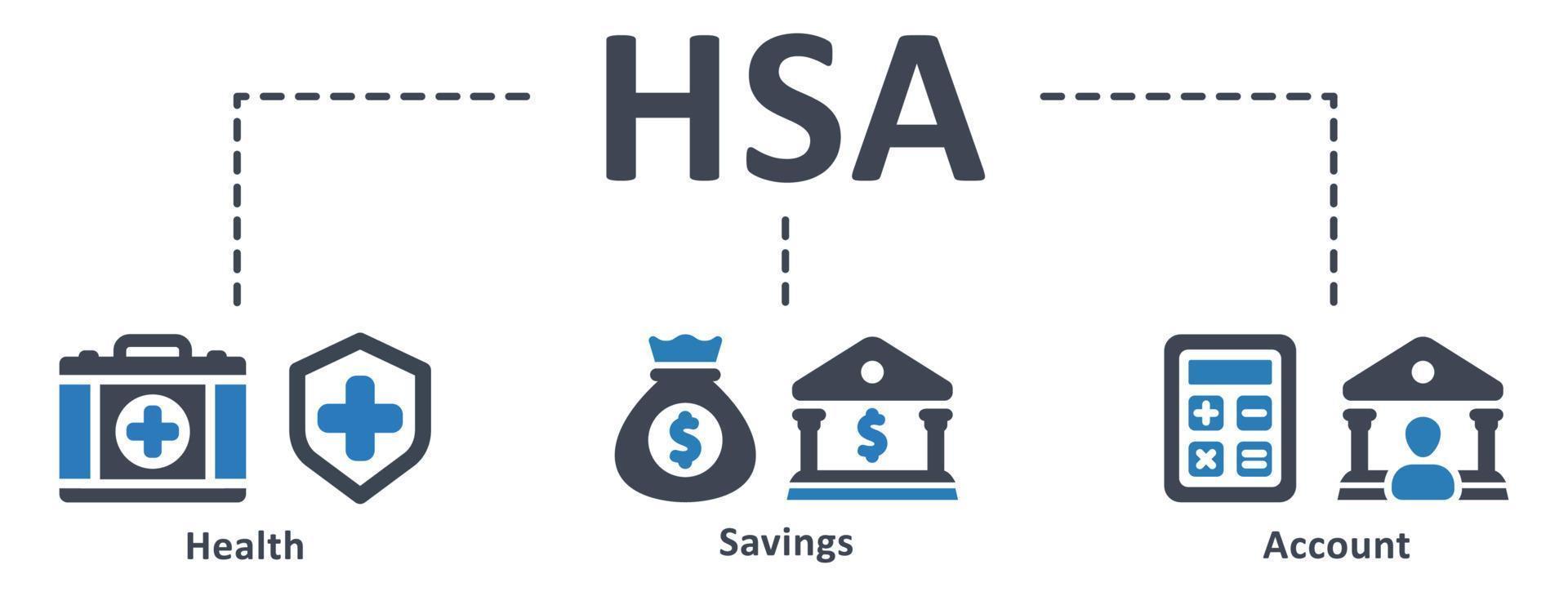 WhatsApp
WhatsApp
 Call Us
Call Us
 Email Us
Email Us
 Whatsapp Community
Whatsapp Community

In an increasingly globalized world, many Non-Resident Indians (NRIs) earn income in multiple countries, which can lead to double taxation issues. To prevent taxation on the same income in two countries, governments sign Double Taxation Avoidance Agreements (DTAAs). However, to claim DTAA benefits, NRIs must establish their tax residency using a Tax Residency Certificate (TRC).
A Tax Residency Certificate (TRC) is an official document issued by the tax authority of a country, including the Tax Residency Certificate USA, that confirms an individual's tax residency for a specific financial year. This certificate is crucial for NRIs looking to reduce their tax liability and take advantage of DTAA provisions.
Under Indian tax laws, individuals are categorized into the following residency types:
Determining your residency status is critical, as it impacts your tax obligations in India and eligibility for DTAA benefits, making DTAA consultancy essential for proper tax planning..
A Tax Residency Certificate offers several advantages, including:
NRIs must apply for a TRC from the tax authorities of their country of residence. The certificate must include the following details:
If an NRI’s Tax Residency Certificate (TRC) lacks required details, they must submit Form 10F to the Indian Income Tax Department. This form helps establish their tax residency and eligibility for DTAA benefits. NRIs without a PAN in India must also file Form 10F.
While the TRC application process varies by country, NRIs typically need to follow these steps:
A Tax Residency Certificate is valid for one financial year and must be renewed annually to continue availing tax benefits. NRIs should ensure timely renewal by submitting updated documents to their country’s tax authorities.
For NRIs, securing a Tax Residency Certificate (TRC) is essential to minimize tax liability and avoid double taxation. By understanding the eligibility criteria, application process, and renewal requirements, NRIs can ensure compliance with Indian and international tax laws.
For expert guidance on NRI taxation, DTAA claims, and TRC applications, visit dineshaarjav.com and stay informed with the latest updates!







Stay in the loop, subscribe to our newsletter and unlock a world of exclusive updates, insights, and offers delivered straight to your inbox.